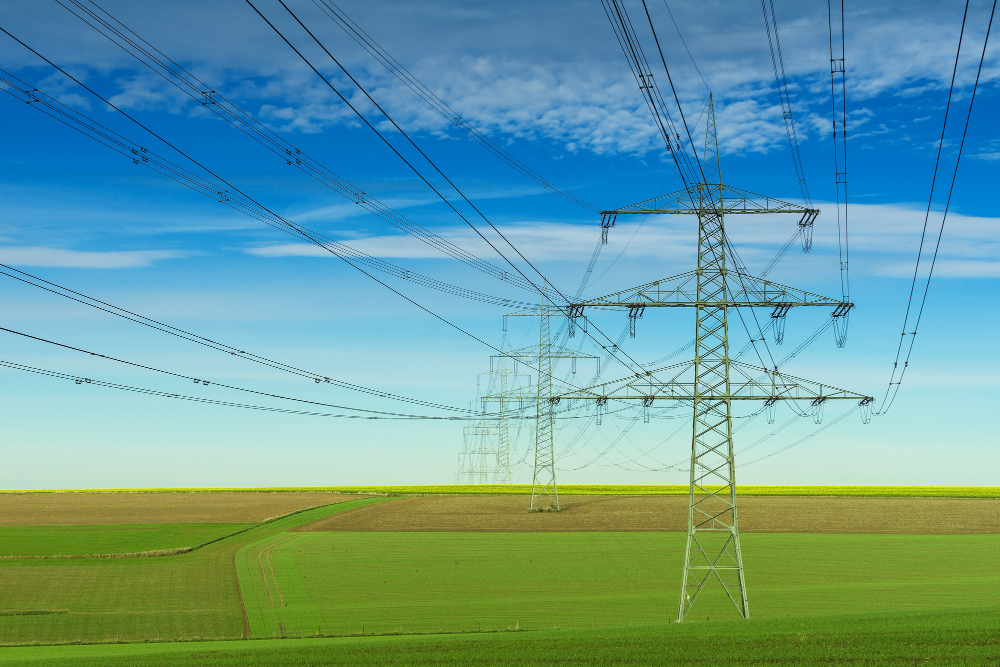Government Plans New 1,200MW Power Plant in Pakistan
The government has decided to establish a new 1,200-megawatt power plant in the public sector, despite an existing electricity surplus. While this move aims to increase the share of renewable energy, it may exacerbate issues in the power sector.
The federal government plans to approve Rs6.2 billion for land acquisition in Layyah, Punjab, for the installation of the 1,200MW solar plant, with the cost of the plant itself being additional. Official documents indicate that this expansion is intended to displace costly fossil fuel-based energy. However, even with the shift, it may not reduce idle capacity payments, which continue to burden the sector, as other plants will remain idle but still claim payments.
The government's estimate for this fiscal year includes around Rs2.1 trillion in idle capacity payments, adding Rs18.3 per unit to consumer costs. This decision comes as the government is negotiating with the owners of five power plants to suspend their contracts voluntarily. The country's average electricity consumption, ranging between 22,000MW and 24,000MW, is much lower than the available capacity, contributing to these idle payments.
Planning Minister Ahsan Iqbal acknowledged the surplus electricity issue, attributing it to seasonal consumption fluctuations. However, the minister is also moving forward with the Rs6.2 billion project for land acquisition, involving 4,827 acres. The original cost was Rs2.7 billion, but land prices have since risen from Rs500,000 to Rs2.4 million per acre.
The energy ministry stressed that electricity and gas shortages are hindering industrial production, requiring new projects to address these challenges. It also noted that the high cost of electricity generation is increasing circular debt and raising production costs, harming exports.
Thermal generation still plays a major role in power production, but fuel shortages, due to low refinery capacity, limit output during peak demand periods. The government plans to build several solar power megaprojects, including the Layyah plant, despite financial constraints.
The National Transmission and Despatch Company (NTDC) is managing 62 projects, putting pressure on its financial resources. NTDC has proposed four new projects for 2024-25, costing over Rs400 billion, which will require substantial equity investment. The 134% increase in land acquisition costs is expected to affect consumer tariffs.
Circular debt remains a critical issue for the power sector, projected to reach a record Rs2.8 trillion by the end of this fiscal year, even with government subsidies of Rs381 billion. The Power Division has a poor track record of reducing circular debt, missing its previous targets despite significant price hikes.
A draft of the prime minister’s Home-Grown Economic Reform Agenda cites poor decisions and structural issues as the root cause of high energy prices. The agenda notes around $8 billion in circular debt for the electricity sector and $6 billion for gas, with limited reliability costing another $8 billion annually.
The government plans to shift toward a competitive electricity market through the Competitive Trading Bilateral Contracts Market, where buyers and sellers will negotiate market prices, moving away from a uniform pricing structure.

